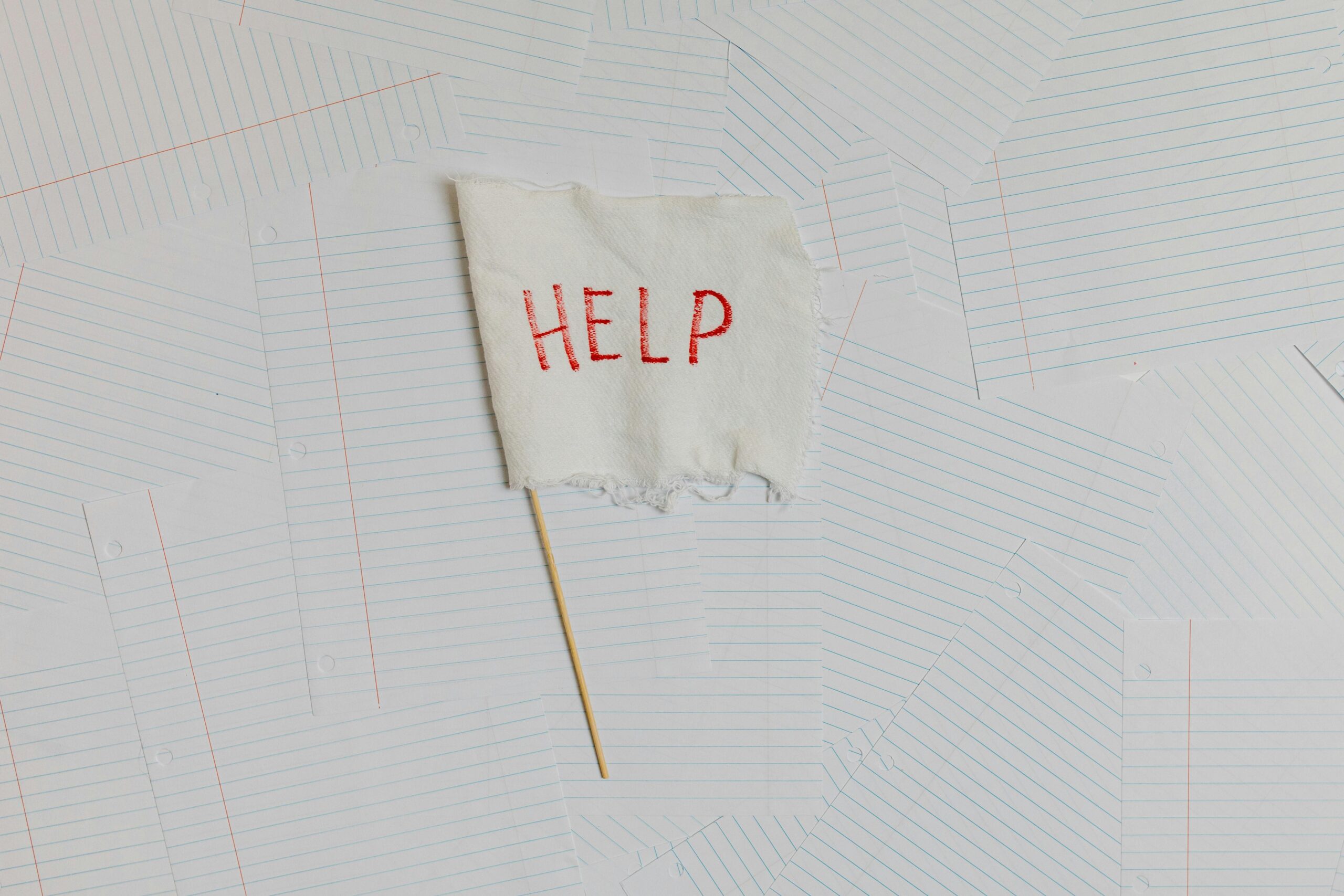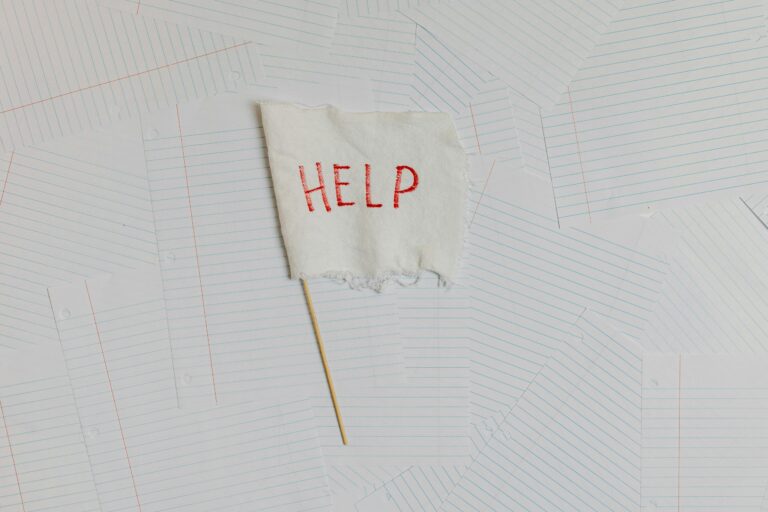Why Do I Cry So Easily?
Have you ever found yourself tearing up during a sappy commercial or while watching a heartwarming movie, and then wondered, “Am I the only one who cries this easily?” Spoiler alert: you’re not alone! Many of us have felt the sting of tears at the most unexpected moments. So, what makes our eyes water a little more than average? Let’s dive into the emotional and biological factors that contribute to this phenomenon.
Understanding the Tears: A Quick Primer
Before we get into the nitty-gritty of why you might be a bit more prone to tears, let’s clarify the different types of tears. Yes, there are categories—like a fancy cheese board, but with more moisture!
- Basal tears: These are the everyday tears that keep your eyes lubricated and healthy.
- Reflex tears: These are your eyes’ response to irritants like onions, smoke, or—let’s be honest—your best friend’s cooking.
- Emotional tears: These little droplets spill forth during moments of intense feelings, whether it’s joy, sadness, frustration, or even nostalgia.
So, when you find yourself crying during a heartfelt scene, it’s likely those emotional tears making their grand entrance!
The Emotional Rollercoaster
First things first, let’s talk about emotions. If you’re someone who cries easily, it may be linked to how you process your feelings. People with high emotional sensitivity often experience emotions more intensely. Think of it like a superpower! You feel joy more profoundly, but that also means sorrow might hit you a bit harder. This heightened sensitivity can stem from various factors:
- Personality Traits: If you’re naturally empathetic, you might find yourself tearing up when witnessing another person’s pain. It’s a sign of a big heart!
- Life Experiences: Past traumas or significant life changes can create a heightened emotional state. You might find that certain memories trigger tears more readily.
- Stress and Fatigue: Sometimes, life’s demands can lead to emotional exhaustion. When you’re drained, even the smallest things can send you over the edge.
Biological Factors at Play
Now, let’s not forget about the biology behind those tears. Did you know that our brains play a significant role in our emotional responses? The limbic system, which governs emotions, can sometimes go into overdrive, leading to those spontaneous outbursts. Here’s how:
- Cortisol Levels: Stress can elevate cortisol levels in your body, making you more reactive. When you’re stressed, the likelihood of crying increases due to the body’s fight-or-flight response.
- Hormones: Hormonal changes, especially during puberty, menstruation, pregnancy, or menopause, can affect tear production and emotional sensitivity. Hello, hormonal rollercoaster!
- Neurotransmitters: Serotonin and dopamine are key players in regulating mood. If these aren’t balanced, you might find yourself crying more often.
Social and Cultural Influences
Let’s also consider the influence of social and cultural factors. In some cultures, expressing emotions like crying is seen as a sign of weakness. In others, it’s celebrated as a form of emotional release. Your upbringing and societal norms can shape how you view and express your emotions. For instance, if you grew up in a family that encouraged emotional expression, you might feel more comfortable letting the tears flow. On the flip side, if emotions were often suppressed, you may find it challenging to navigate those feelings.
When Is Crying a Concern?
While crying can be a healthy emotional release, it’s essential to recognize when it might signal something more serious. If you find yourself crying excessively, feeling overwhelmed, or unable to control your emotions, it might be time to seek professional help. Sometimes, those tears can be a signal that your mental health needs a little TLC.
Embracing the Tears
In a world that often encourages us to toughen up, it’s vital to remember that crying is a natural human response. So, the next time you find yourself misty-eyed during that cat video or while reminiscing about high school, give yourself a break. Embrace those tears as a sign of your emotional depth and sensitivity. After all, a good cry can be therapeutic and just what you need to reset your emotional balance.
So, whether you’re crying during a touching scene in a rom-com or wiping away tears from laughter, remember: it’s perfectly okay to be a little emotional. You’re not alone, and those tears are just another part of the beautiful, messy journey we call life!


